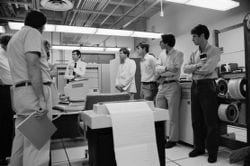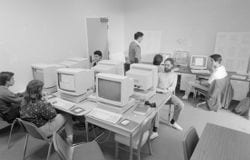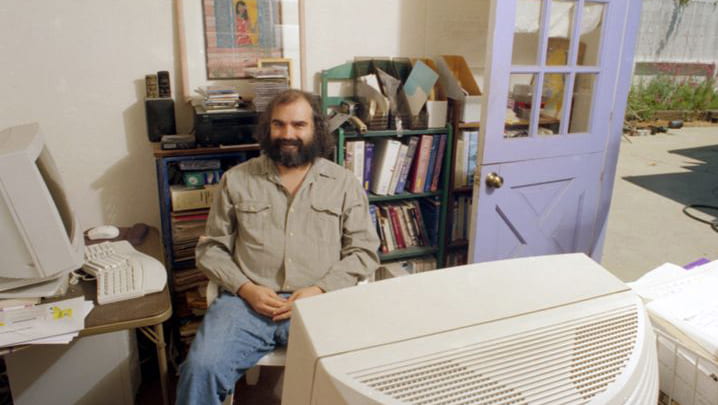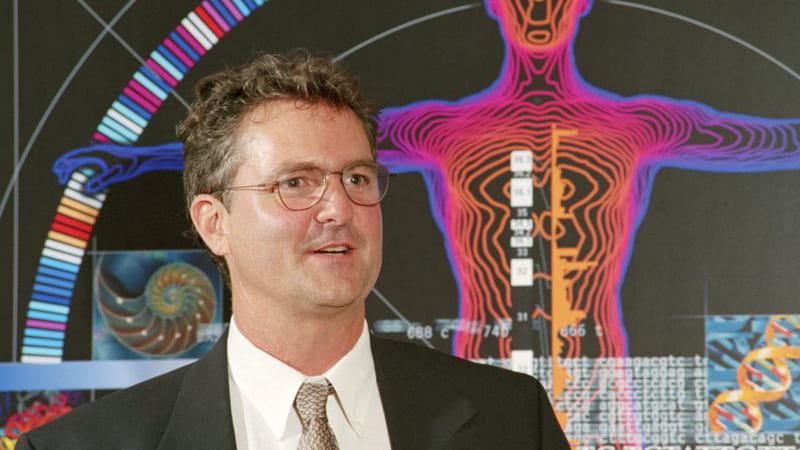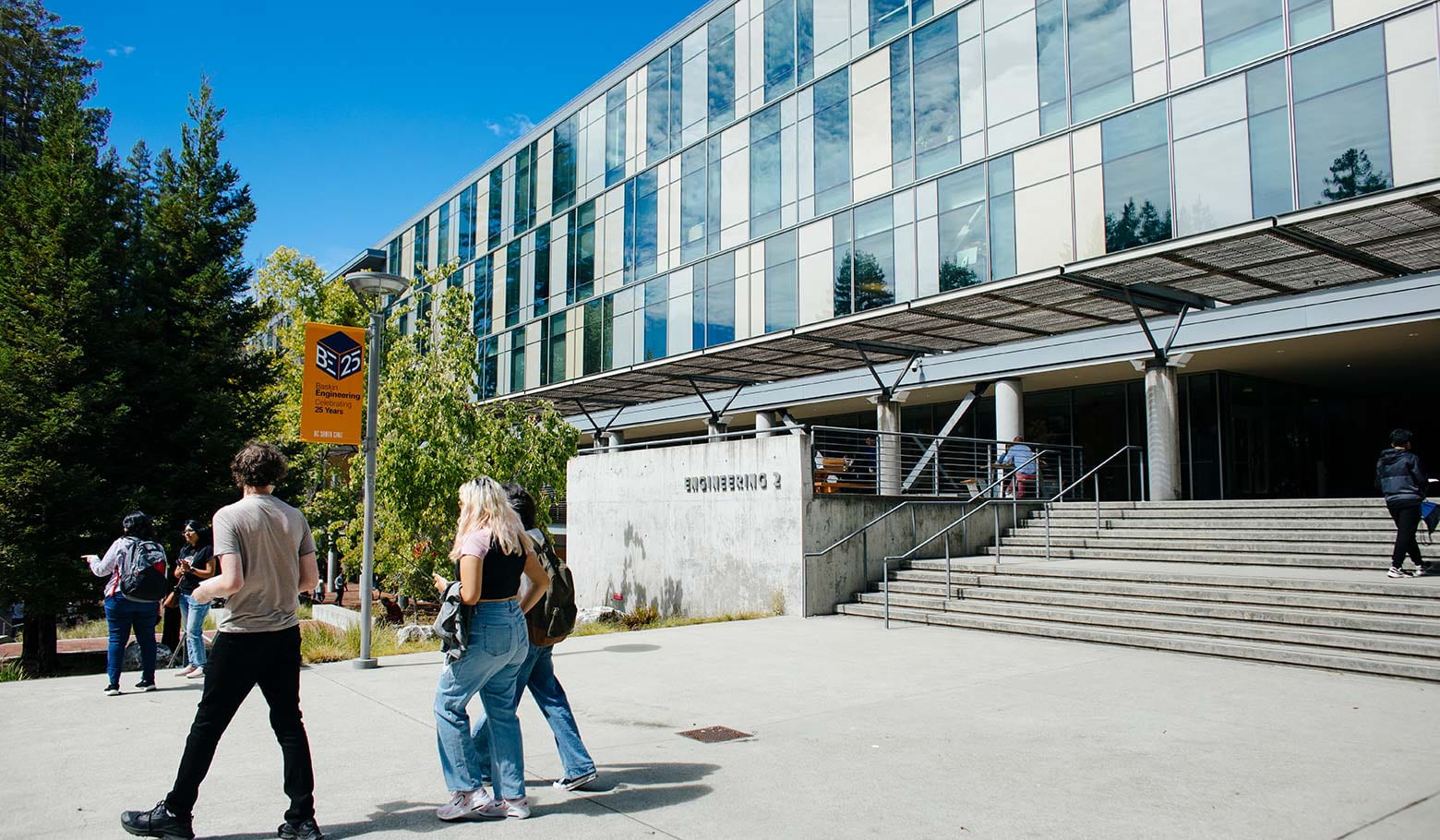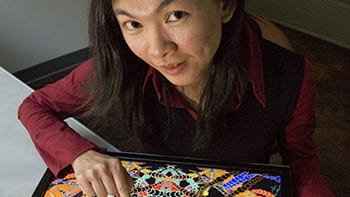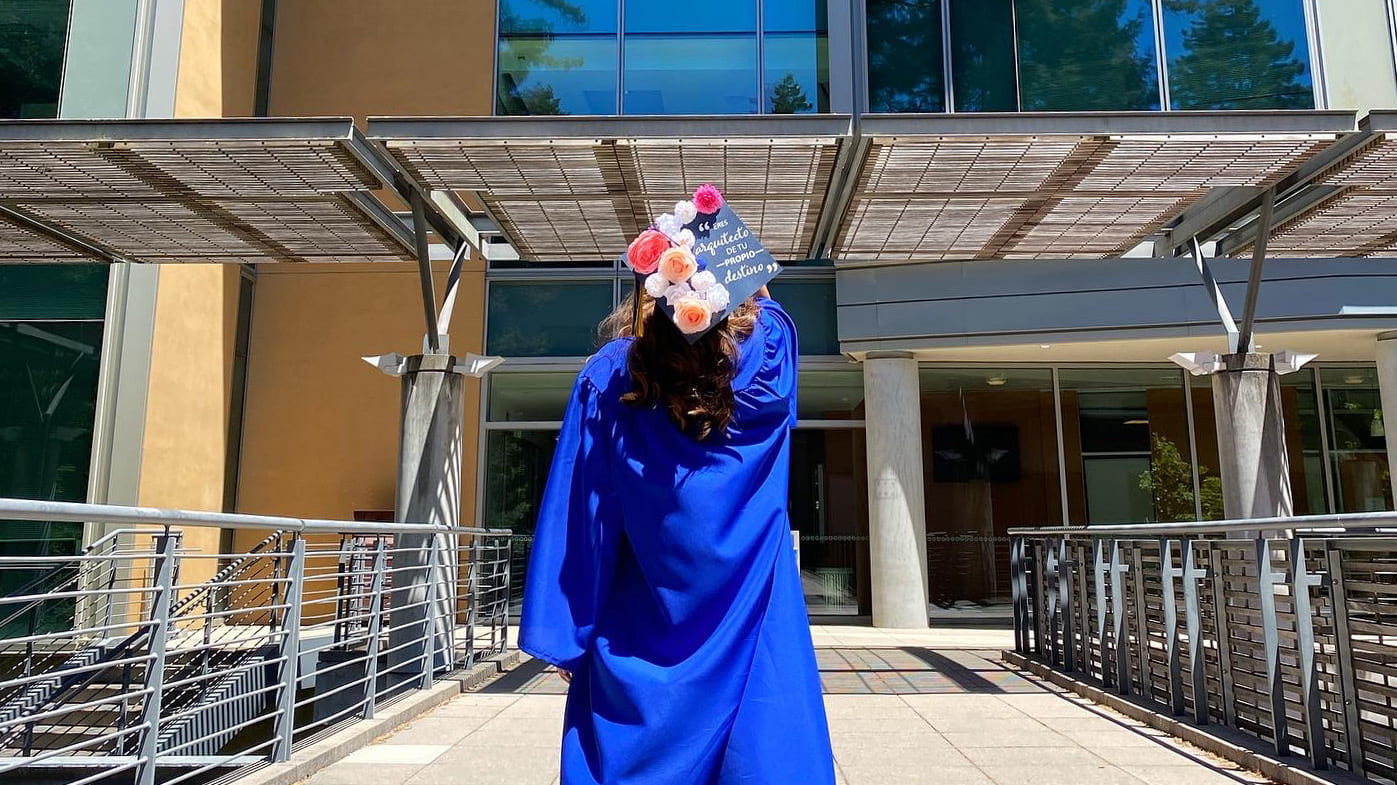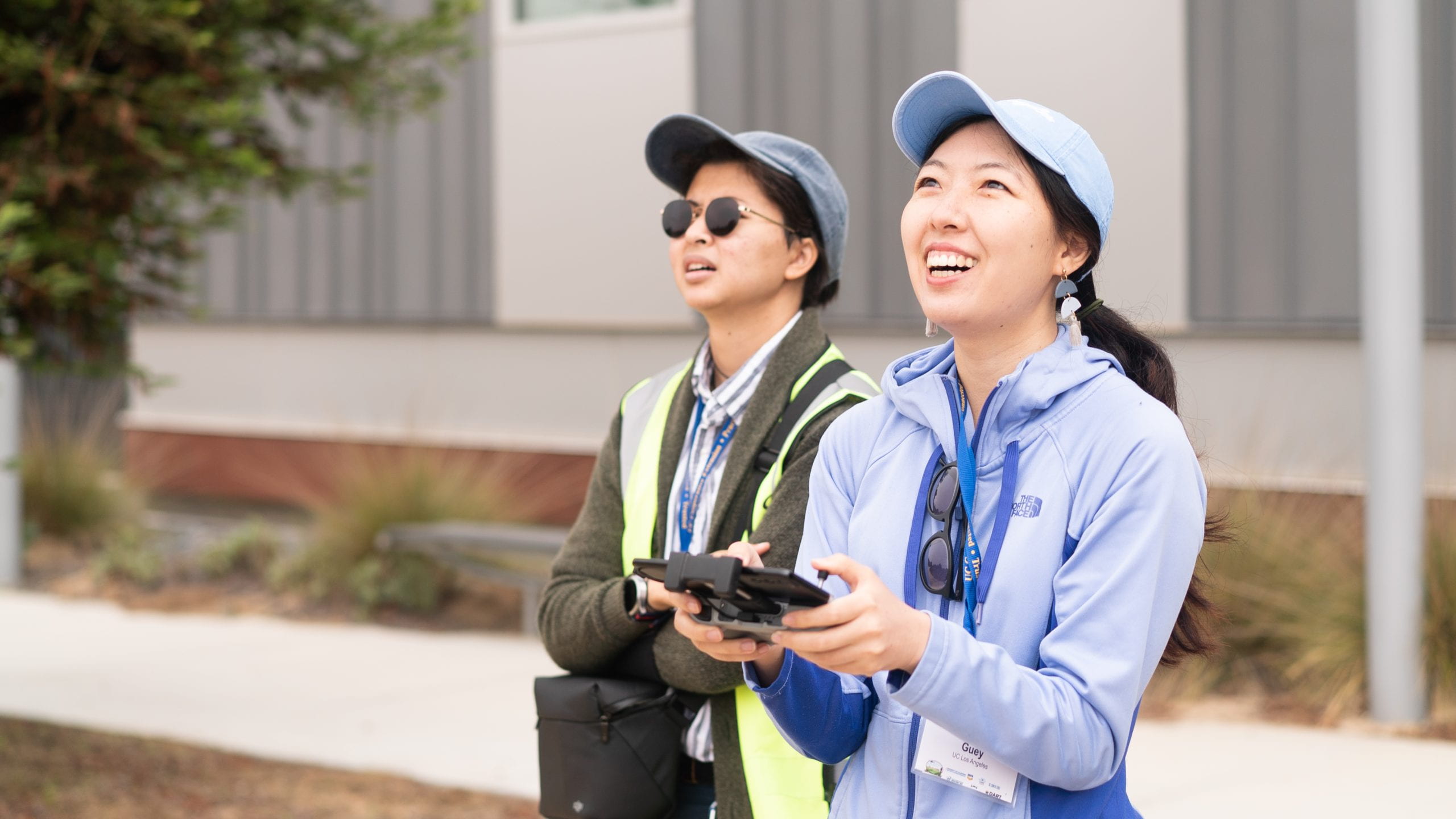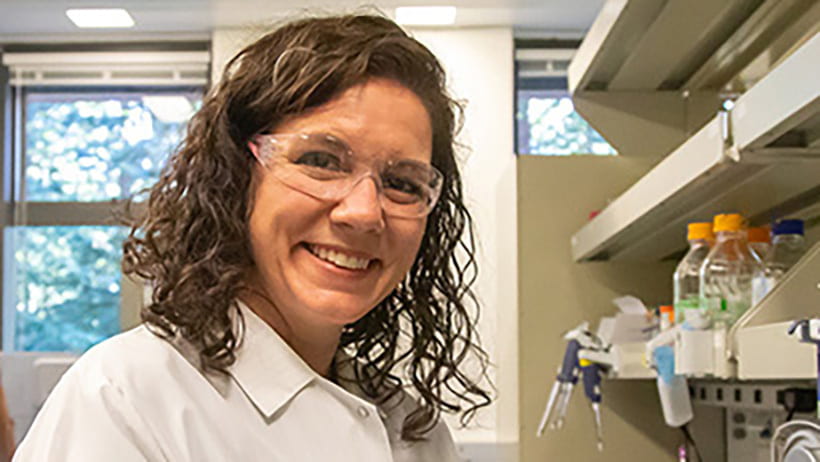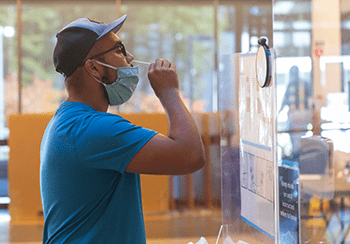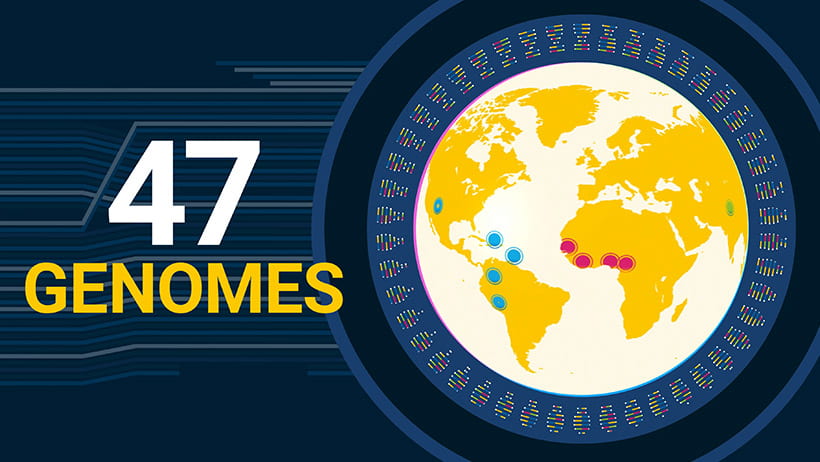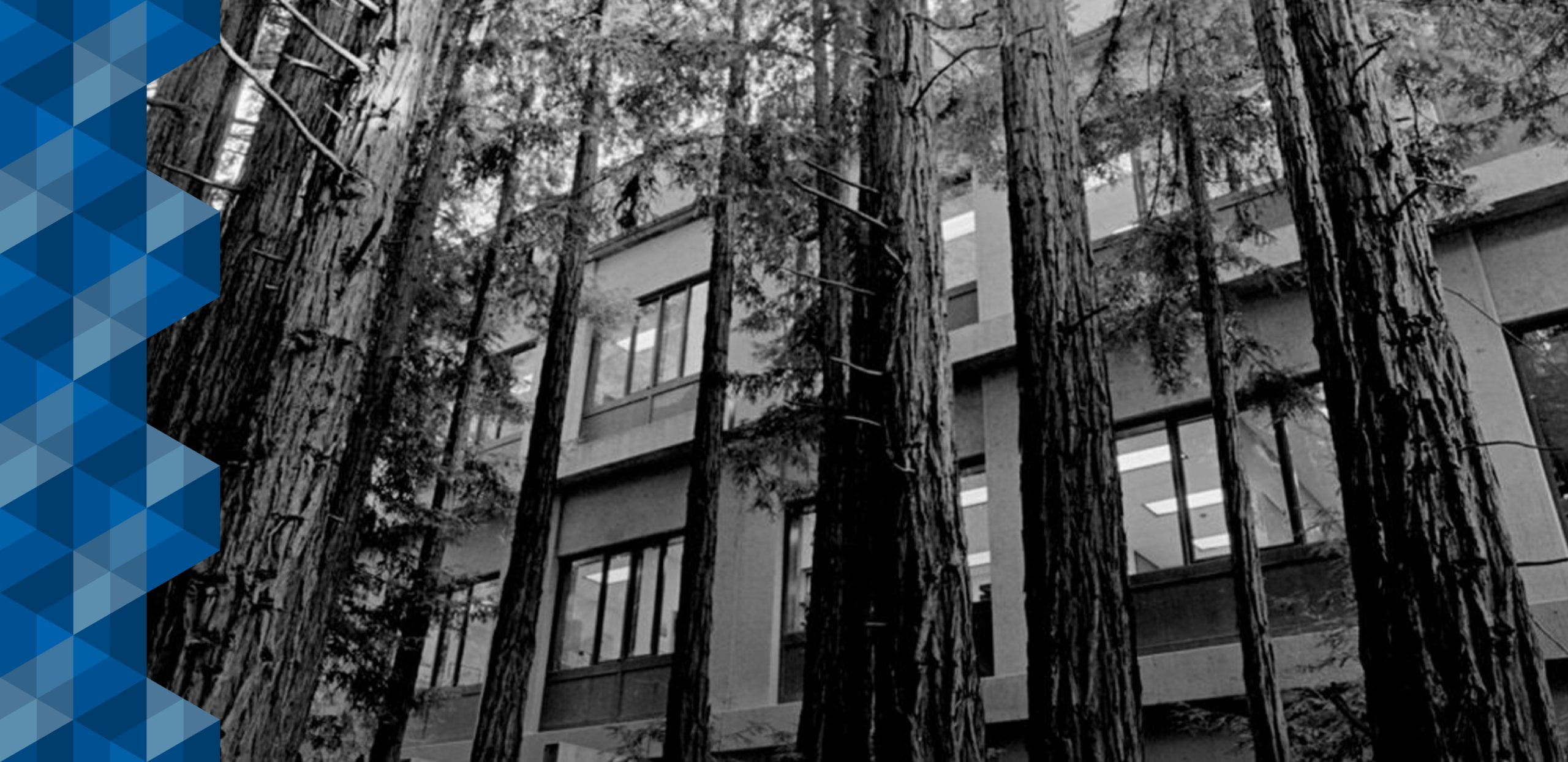
Reflecting on our history, building for our future

The History of Baskin Engineering
Founded in 1997 at the onset of the age of the internet, Baskin Engineers have been committed to solving the world’s greatest challenges since the inception of the school. We are problem solvers by nature, driven by curiosity and a desire to improve the modern world. An ethos of open source collaboration is manifested through work spanning our history, from the development of the UCSC Genome Browser in 2000, the founding of the Center for Research in Open Source Software (CROSS) in 2015, and our ongoing creation of novel transparent software in areas such as bioinformatics and AI. Faculty and students pursue novel, visionary research guided by a mission to create positive societal impact.
A lifetime of innovation
Distinguished Professor of Biomolecular Engineering David Haussler received the UC Santa Cruz Lifetime Achievement in Innovation Award — recognizing his outstanding career, including his role in sequencing the first human genome and creating the UCSC genome browser.

Pioneering Technology
UCSC researchers revolutionized DNA sequencing more than a quarter century ago when they pioneered nanopore sequencing. The ideas led to the development of the revolutionary MinION, a portable device that uses a nanopore to read DNA and RNA at a fraction of the cost of competitors, making sequencing accessible for scientists around the world.

Open Minds
As the Baskin School of Engineering celebrated its 25th anniversary during the 2022–23 academic year, its successes reflect the uncommon value of open science that forms the foundation of the school’s ethos.
Areas of Innovation
Genomics
Computer Language Development
Nanopore Sequencing
Open Source
Bayesian Statistics
Applied Optics
Data Storage
Serious Games
Synthetic Biology
Notable Voices of Baskin Engineering
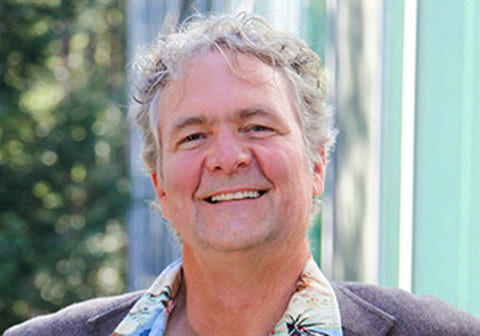
David Haussler

Kate Ringland

Liam Asayag

Steve Kang
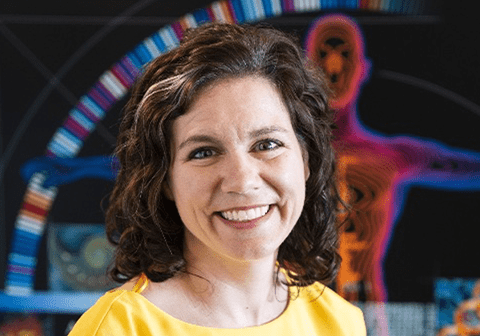
Karen Miga

Roshawnna Novellus

Daniel Kim
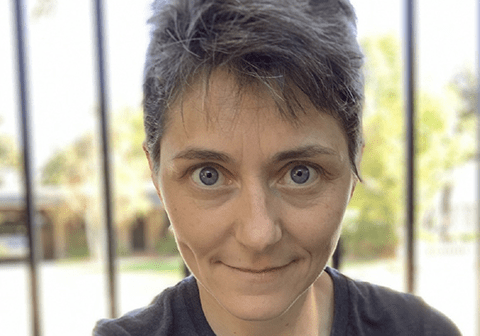
Alexandra Holloway
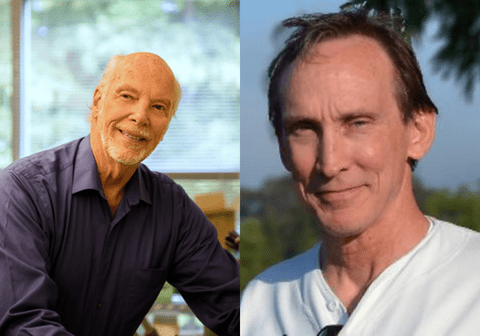
David Deamer and Mark Akeson
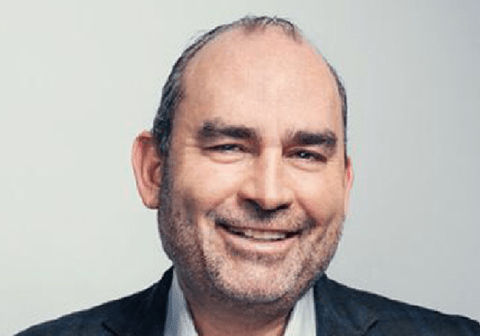
Mike Hilton

Angela Ramirez

Sage Weil
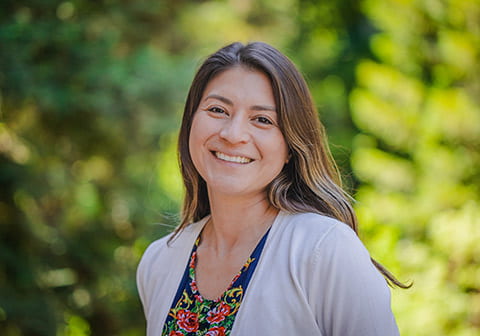
Marcella Gomez

Michael Lopp

Mansi Saini
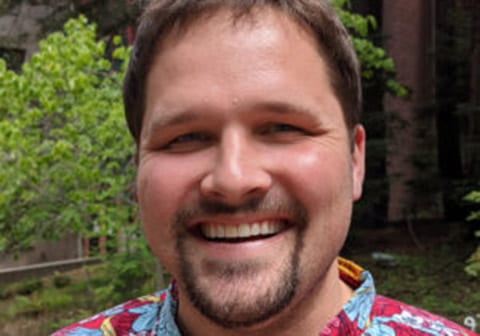
Russ Corbett-Detig
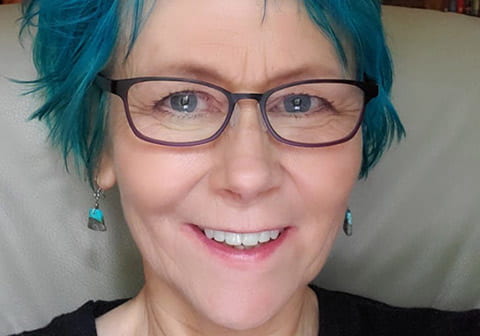
Zia Isola

Tyler Sorensen

Aleatha Parker Wood
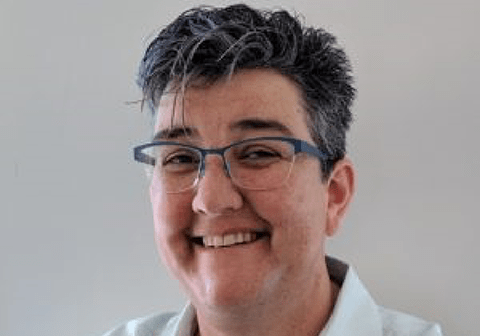
Tara Hernandez

Rolando Perez
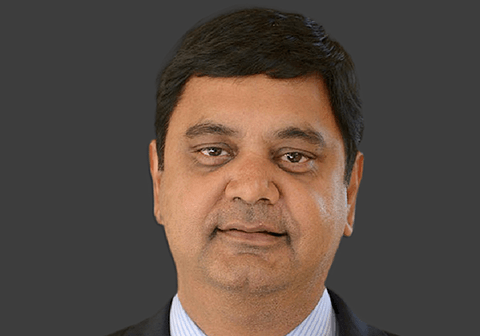
Gunjan Sinha
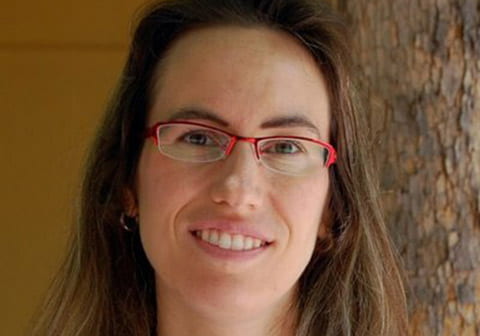
Lindsey Kuper

Pavle Jeremic

Maryam Siddiqui
Remembering Jack Baskin
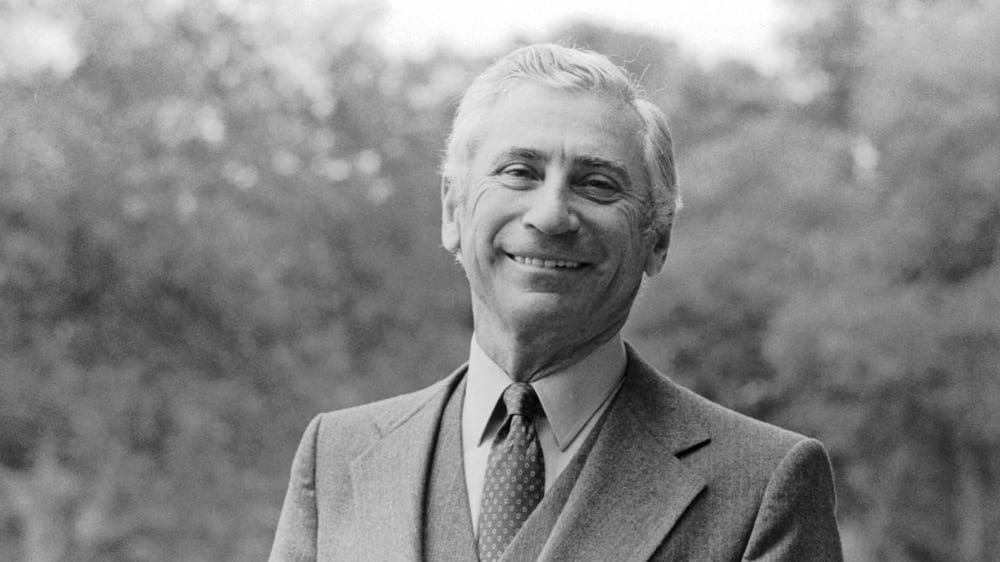
Founder of the Jack Baskin School of Engineering at UC Santa Cruz
Jack Baskin (1919-2020) was an engineer, philanthropist, and businessman. His cornerstone gift helped launch UCSC’s Baskin School of Engineering in 1997. In 2006, Baskin was inducted into the Silicon Valley Engineering Hall of Fame in recognition of his role in establishing the school.
An engineering school that looks ahead
The vision of Baskin Engineering
Founding dean Patrick Mantey and emeritus professor of chemistry Gene Switkes, chair of the engineering school formation committee, discuss designing a school of engineering for the 21st century, meeting the needs of an expanding tech industry steeped in the core interdisciplinary research and teaching values of UC Santa Cruz.
The Future of Baskin Engineering
Our current work is foundational for what the future holds

Health Engineering
With research focused on aspects of the prevention, diagnosis, treatment, and management of illness, as well as the preservation and improvement of health and well-being, Baskin Engineers will change how humans live in the future world. As leaders in genomics, biotechnology, stem cell research, cancer research and virology we bring together biology and technology while creating a momentum of change in the healthcare industry.

Environmental Engineering
Baskin Engineers will create solutions that will protect and better the health of the living world and improve the quality of the environment. Given UCSC’s long history of thoughtful leadership in agroecology and sustainable food systems, we are poised to pioneer new technology with maximum societal benefit. With a focus on AgTech, sustainable power sources, and climate resilience and mitigation measures, we are building a better future.

Cyber-Physical Systems
Humans interact with CPSs on a daily basis through applications such as software-enabled appliances and assistive technology. Advances in CPS will enable capability, adaptability, scalability, resiliency, safety, security, and usability that will expand the horizons of these critical systems. New concepts emerging from artificial intelligence and machine learning are changing the way we think about CPS. Improvements in smart power grids, implantable medical devices, and transportation such as self-driving cars are just some of the ways Baskin Engineers might reimagine how humans interact with the world around us.
Bold new solutions to society’s most complex issues
Explore research by impact areas

